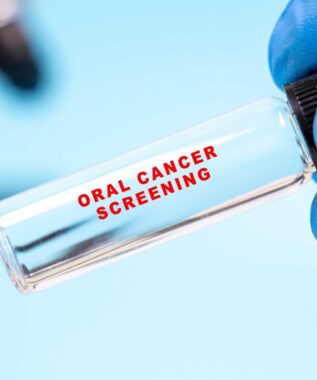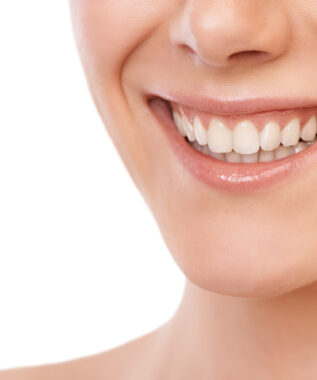 Teeth-grinding can be a complex subject sometimes. Nearly everyone does at least once in a while, but usually, the occurrences are so few and far between that it’s barely noticeable, and highly forgettable. For some people, though, it may be a habitual thing that occurs more often than usual, such as a nervous tic or a reaction to stress. In rarer cases, teeth-grinding is the result of an underlying oral health problem, like bruxism, and may pose a threat to the health and integrity of your teeth.
Teeth-grinding can be a complex subject sometimes. Nearly everyone does at least once in a while, but usually, the occurrences are so few and far between that it’s barely noticeable, and highly forgettable. For some people, though, it may be a habitual thing that occurs more often than usual, such as a nervous tic or a reaction to stress. In rarer cases, teeth-grinding is the result of an underlying oral health problem, like bruxism, and may pose a threat to the health and integrity of your teeth.
What having bruxism means
Bruxism is the chronic grinding of your teeth, not just the occasional instance of it, and unlike a less serious habit, it can sometimes be impossible to stop it for good. If you have bruxism, you may be able to consciously stop grinding your teeth in the moments you catch yourself doing it. The problem, though, is that you won’t always notice it, and often, it will occur most frequently while you sleep at night. These subconscious occurrences of teeth-grinding are what the pose the greatest threat; not only will you be unable to stop it, but you’ll also be unable to control how forcefully you grind your teeth.
Why self-remedies won’t stop it for good
If you have a simpler teeth-grinding habit, then training yourself to stop may be challenging, but highly possible. For instance, if it’s a reaction to stress, then find other ways to relieve it, or to at least to relax the muscles in your face and jaw by massaging them. If it’s a nervous tic, like tapping your foot, then you can learn to be more aware of it and focus your nervous energy elsewhere. However, if you grind your teeth because of bruxism, the underlying cause may be more difficult to address, and it can differ from the causes of other people’s bruxism.
How your dentist can help you find relief
Because of the complex and unique nature of your bruxism, finding lasting relief from it and protecting your teeth may require professional treatment from your dentist. For instance, if your bruxism is caused by an imbalance in your bite, such as misaligned teeth or jaw joints, then correcting this alignment may be necessary to stopping your bruxism. In some cases, the use of a custom-designed oral appliance at night can also stop the most destructive grinding and help protect your teeth from extensive damage.
Learn how to finally stop grinding your teeth
If you have trouble stopping yourself from grinding your teeth, then it could be a sign of an underlying bruxism problem. To learn more, schedule an appointment with us by calling Dreem Dentistry in Leawood, KS, today at 913-681-5500.






